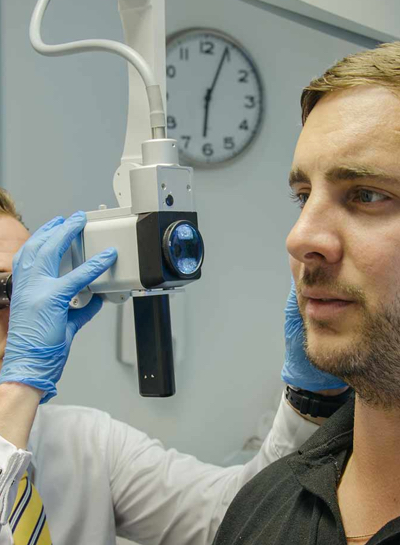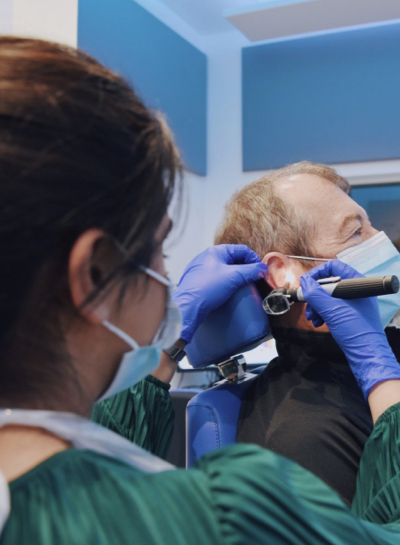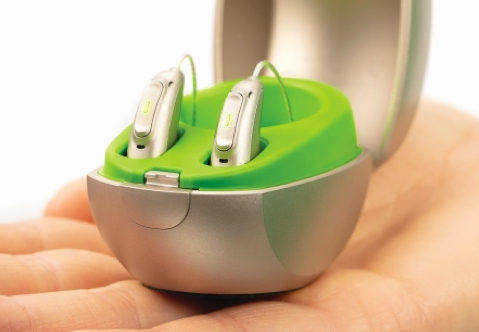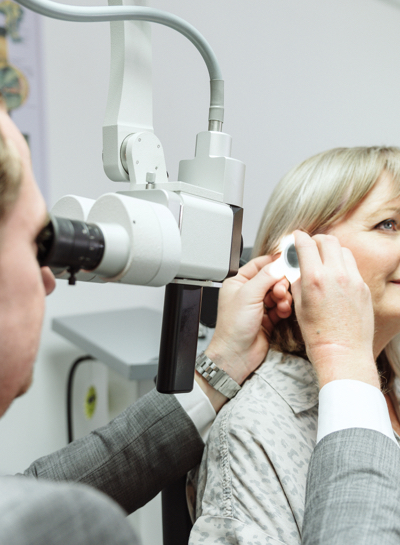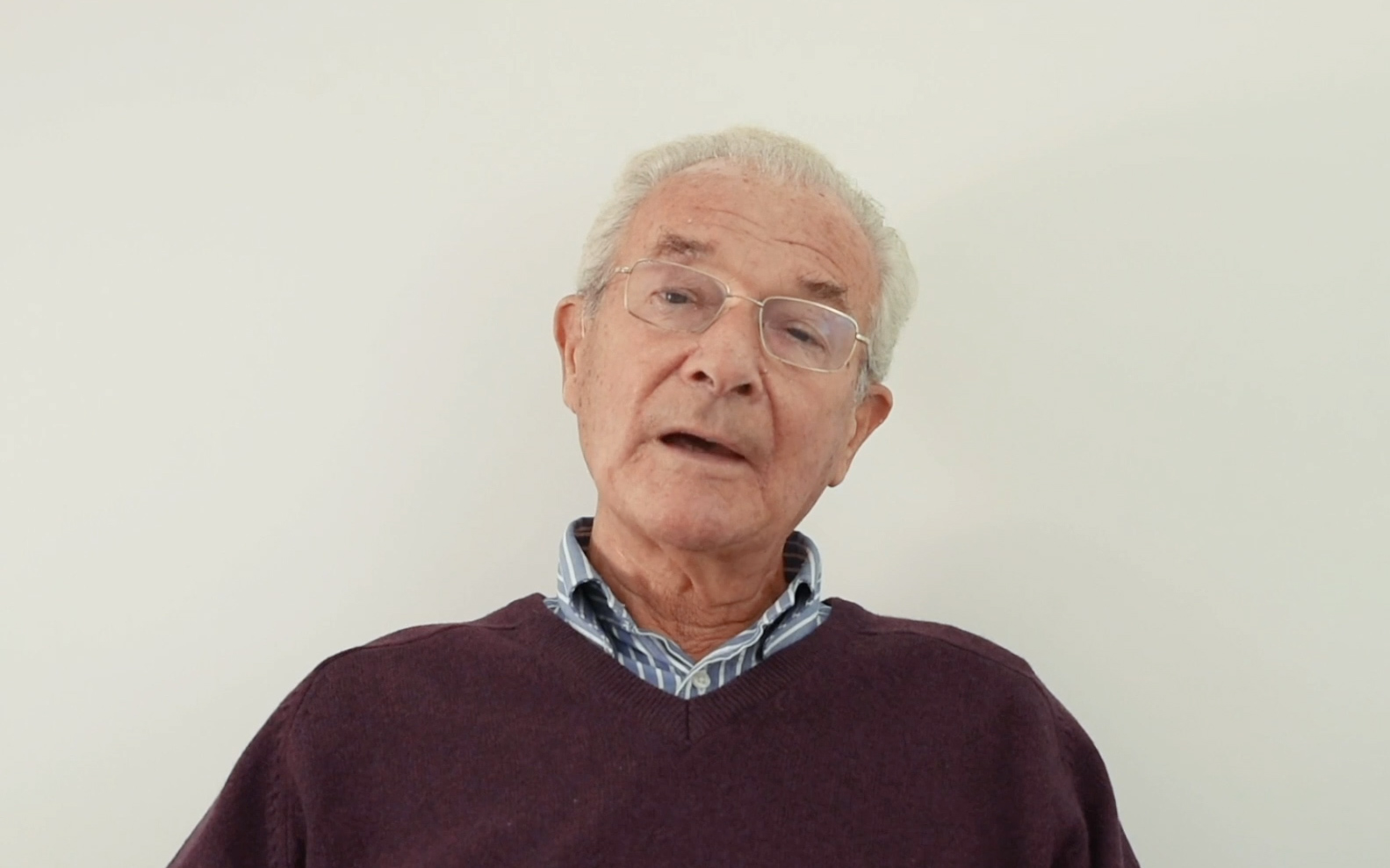Worried About Ringing in Your Ears ?
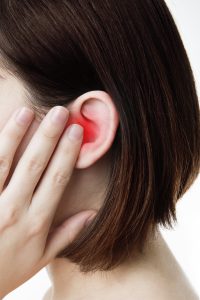
Do you hear a ringing, roaring, clicking, or hissing sound in your ears with no external sound source? Do you hear this sound often or all the time? Does the sound bother you a lot? Is it interfering with your enjoyment of life or your sleep?
If you answered yes to any of these questions, you may have tinnitus and you should see a hearing professional. 30 million people are currently suffering from tinnitus, and a large proportion of them think that there is nothing they can do about it.
Tinnitus Can’t Be Cured, But It Can Be Treated
Tinnitus can have a massive impact on a person’s emotional well-being, ability to hear, ability to sleep and ability to concentrate. It is extremely common for the tinnitus patient to report increased stress, anxiety, fatigue, memory problems, and irritability.
Tinnitus is a Common Problem
You are not alone, nearly everyone has experienced tinnitus at one time or other, for most it is a passing incident. However, for some, it can be a constant companion. The definition of Tinnitus is the perception of sound in the absence of any corresponding external sound. It is a Latin word which means ringing. Tinnitus can be heard in one ear or two or perceived centrally inside your head. It can be a ringing noise, a hissing noise and for some, it is even perceived as music!
Not a Disease
It is not a disease in itself, it is a symptom of some underlying condition or problem occurring anywhere within the hearing system. Don’t forget, your ears are just the conduits for sound, hearing also involves the auditory nerve and the brain centres responsible. Most Tinnitus is associated with the presence of hearing loss, however, some people have tinnitus and normal hearing.
Call us on 01789 264 111 to book your assessment in Stratford-upon-Avon or 01905 617803 to book your assessment in Worcester now, alternatively, book online by using the button below
The tinnitus cycle
Tinnitus can trigger many negative emotions which have a knock-on effect on general health and outlook. Often the severity of your reaction depends on your perception of the sound. If your perception of the sound is increasingly negative, you’re likely to have a negative emotional response. When this happens, it stresses you making you pay more attention to the sound of your tinnitus. Thus begins a cycle that affects your nervous system. This can lead to anxiety, sleep disturbance, depression and poor concentration. These feelings stress you even more which just reinforces this vicious cycle.
Breaking the vicious cycle
Our job, and indeed our focus is to break that cycle, to give you time to recover. Using sound therapy, in combination with informed counselling and hearing aids, we can bring you significant relief. We will help you to change your emotional response to the tinnitus, helping to relieve the stress you feel.
Tinnitus Therapy
We carry out a complete hearing assessment including Audiometry. We will discuss your tinnitus and grade your perception of its severity. Based on this evaluation and your answers to our questions we will discuss possible treatment options with you. Management of your tinnitus may include the use of hearing aid amplification, sound therapy or a combined approach.
Assessments & Medical Clearance
Because tinnitus can be associated with underlying diseases of the ear and other anatomical structures, it is important that we ascertain what the underlying causes of your problem are. In most cases tinnitus is caused by an underlying hearing loss, it is important that we confirm this and rule out any other causes. Tinnitus can be caused by other problems that are not appropriate for treatment by us. If we find that your tinnitus is not suitable for treatment we will refer you to an ENT Specialist to rule out any health-related conditions that could be the cause of your tinnitus or could be treated through medical and/or surgical intervention.
Step Two: Treatment Options
Treatment Of An Underlying Hearing Loss

Many manufacturers have also offered accompanying apps dedicated to tinnitus relief. These apps, in conjunction with the hearing devices, give you real control over your sound therapy. Sound therapy will most often be accompanied by education, counselling, and stress reduction. It may also include professionals from other disciplines (i.e., psychology, dentistry, neurology, etc). The new strategies for treating tinnitus give you:
- Relief for ringing in the ears
- Customisable tinnitus relief
- Quick and easy control
- A way to deal with and manage the subjective nature of tinnitus
Sound therapy Treatment
In cases where there is no hearing loss is or it is not severe enough for treatment, we would prescribe sound therapy devices. Sound therapy has proven to be an effective management tool for many people who suffer from tinnitus that isn’t associated with underlying hearing loss. The sound Therapy that we would normally use would be Zen from Widex, a proven sound therapy strategy that delivers results for many people.


 Request An Appointment
Request An Appointment
